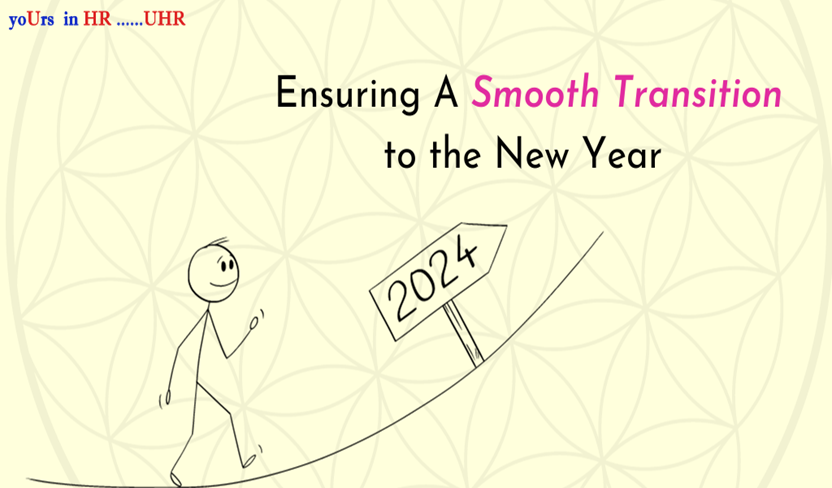
People in leadership roles these days are often encouraged to cultivate empathy in their role. Managers, leaders, mentors etc are considered to be doing a good job when employees feel safe to voice their concern, when they feel their voices are being heard and considered.
The younger generation of employees in fact often value empathy in leadership as a major deal-breaker or -maker. A Gallups survey cited by Harvard Business Review found that among a sample of 1000 workers who left their jobs during the Great Resignation, 58% did so because they found their managers lacking empathy.
Empathy is the thing to develop.
But is it a sustainable quality to develop for people at managerial positions?
Empathy Drain:
A survey by Future Forum found that middle managers reported more burnout than any other kind of workers.
Many managers often feel like they may have to do a trade-off: either have empathy, and drain yourself and endanger one’s well-being, or don’t show empathy and leave the employees in the midst of issues.
When one is dealing with people, and your job is to make sure the people make good use of their competence, it is inevitable that the one in charge of it would be drained out. What’s more, being empathetic might also mean one takes on the feelings of others, leading to more burnout- physical as well as psychological. The cost of having empathy, of ‘getting’ what people are going through, is to end up actually getting what people are going through. Even people in caregiving professions such as nursing, training, teaching may experience what is called ‘compassion fatigue’ or ‘empathy burnout’.
Getting what your employees go through might not be a very healthy thing for anyone’s well-being, especially managers and leaders.
But there seems to be a balanced way out of the empathy drain.
Tuning into empathetic concern:
Empathy comes in a variety of forms, as per the article mentioned above. We can differentiate between empathetic concern vs. emotional empathy and mindfully tune our behaviour accordingly. Empathetic concern involves having concern for others and finding solutions based on that concern. Emotional empathy involves taking on emotions of others.
Understanding these forms of empathy could be a key to not feeling drained out due to empathy, and at the same time, not come across as a heartless person.
Say for example, your colleague or employee comes to you about a problem they are facing. Emotional empathy would be to start feeling their problem as your own. This could lead to a possible roadblock because you would be too involved in trying to understand their feelings. You might also end up taking on the work of this employee, and at the end of the day, you would be overworked and drained, and the employee would end up feeling like a burden and possibly with no sense of having overcome the problem.
Showing empathetic concern on the, other hand, would be seeing their problem, and offering support and insights into possible solutions. This would lead to keeping a healthy distance, and helping others step in their power to solve their own problem. The employee is likely to feel empowered, and you would have channelised your sensitivity in the right direction.
Empathetic concern would mean helping the employee get their sense of agency and finding ways to raise them from their misery. Emotional empathy would be getting what the person is going through, and getting so involved in their problem that one forgets to think about a solution. Of course, sometimes, one can only listen in some situations, and let the experiences integrate themselves. But this tuning out, between having emotional empathy and having empathetic concern is the line between helping someone yourself, and empowering someone to help themselves.





